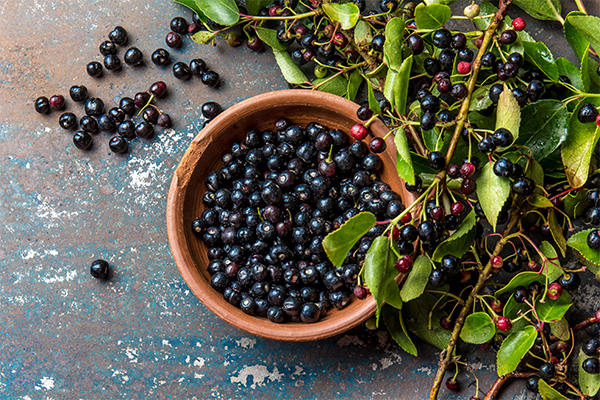The pointed gourd can lower your blood sugar, help you with cholesterol and prevent tumors, researchers find
04/11/2019 / By Michelle Simmons

Pointed gourd, scientifically known as Trichosanthes dioica, is one of the most commonly consumed vegetables in tropical countries around Asia, particularly in Bangladesh and India. But there’s a reason why it’s a staple in these countries: It’s rich in nutrients and has many potential health benefits.
In a recent review, researchers at Bangabandhu Sheikh Mujibur Rahman Agricultural University, Primeasia University, and Stamford University Bangladesh in Bangladesh critically analyzed the findings of scientific studies on pointed gourd.
Based on the data they gathered from scientific studies, the vegetable has the potential to lower blood sugar, regulate cholesterol levels, inhibit tumor growth and development, fight inflammation, and prevent digestive problems. It even has the potential to protect against arsenic poisoning. In addition, the researchers identified various types of compounds from pointed gourd, such as peptides like trichosanthin and lectin; triterpenes like cucurbitacin B, euphol, alpha-amyrin, beta-amyrin, lupeol, taraxerol, betulin, and karounidiol; sterols; steroidal saponin; tannin; and flavonoids.
From these findings, the researchers confirm that consuming pointed gourd does contain many bioactive compounds and exhibits various biological activities that are beneficial to health. The findings of the review were published in the journal Food Science and Human Wellness.
Pointed gourd leaves help control diabetes
The fruit of the pointed gourd is widely eaten as a vegetable, while its other parts are used in traditional medicine to treat various health problems. In one study, pointed gourd leaves have been shown to lower blood sugar levels by more than 32 percent.
For the study, researchers at Allahabad University in India looked at the glycemic attributes of an aqueous extract prepared from the leaves of pointed gourd. They prepared pointed gourd leaf extracts by shade-drying fresh pointed gourd leaves, then crushing and extracting the dried leaves.
After that, they fed diabetic rats with pointed gourd leaf extracts at doses of 250, 500, and 750 milligrams per kilogram (mg/kg) of body weight. The results showed that the treatment with pointed gourd leaf extracts reduced the rat’s blood sugar level by as much as 32.9 percent. (Related: Ten foods to prevent and stop diabetes.)
Other health benefits of pointed gourd and how to add it to your diet
In Ayurvedic medicine, pointed gourd is used to treat coughs, liver disease, headaches, wounds, and skin problems. It is also used as a blood purifier, and to address hair loss.
Pointed gourd can also help fight signs of skin aging. This vine contains a good amount of vitamins A and C, which act as antioxidants that combat free radical damage that promotes skin aging. Pointed gourd can also aid in weight loss. While it is loaded with nutrients, its is low in calories, which means that it is a great addition to your diet for weight loss. It also keeps you feeling fuller and controls your hunger.
Pointed gourd can be prepared in many ways. It can be pickled in vinegar or used as an ingredient for curry, soup, stew, or stir-fry. It can also be cooked with potatoes and served with yogurt or in a vegetable dish known as subzis in the West Indies. Moreover, pointed gourd can be stuffed, or cut into cubes and sautéed, or made into soup.
Read more news stories and studies on the health benefits of pointed gourd by going to FoodIsMedicine.com.
Sources include:
Submit a correction >>
Tagged Under:
food cures, food is medicine, food science, functional food, natural cures, natural remedies, pointed gourd, prevention, research, Trichosanthes dioica
This article may contain statements that reflect the opinion of the author
RECENT NEWS & ARTICLES
BloodSugar.News is a fact-based public education website published by Blood Sugar News Features, LLC.
All content copyright © 2018 by Blood Sugar News Features, LLC.
Contact Us with Tips or Corrections
All trademarks, registered trademarks and servicemarks mentioned on this site are the property of their respective owners.





















